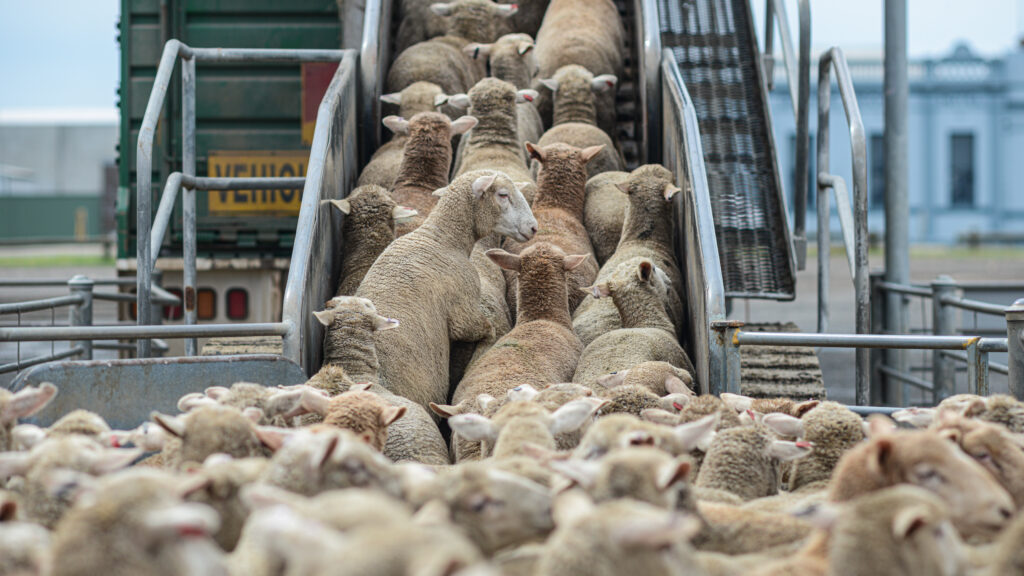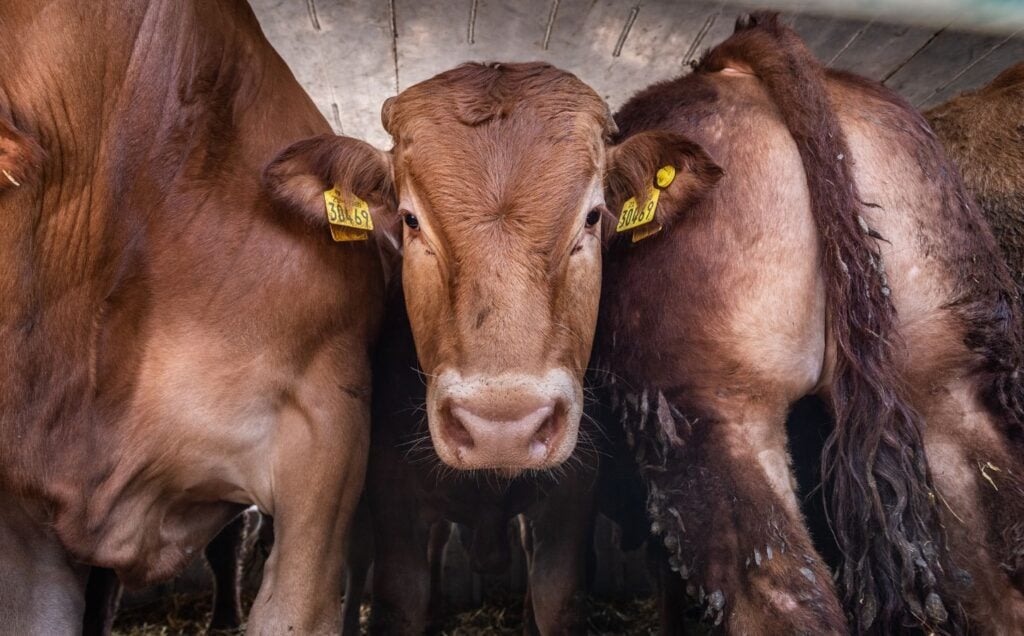Brazil has banned live cattle exports from its ports, in a move that animal rights campaigners have described as “historic.”
The South American country brought in the new law last month. Speaking about the ruling, federal judge Djalma Gomes said: “Animals are not things. They are sentient living beings, that is, individuals who feel hunger, thirst, pain, cold, anguish, fear.”
The new law is a result of a 2017 lawsuit from the National Forum for the Protection and Defense of Animals, a Brazilian NGO. Heralding the “historic” move, the group praised its recognition of “the suffering caused to animals … in an activity similar to human trafficking at the time of slavery.”
Other animal groups have also praised the decision. “We welcomes the verdict of the Brazilian court to ban live cattle exports from all ports,” James West, Senior Policy Manager at Compassion In World Farming, which campaigns against live exports, told Plant Based News (PBN). “We hope that the Government will not appeal this decision so that Brazil can end this cruel trade once and for all.”
The cruelty of live exports

Exporting live animals from country to country is a hugely controversial practice. Each year, millions of animals endure journeys of hundreds – and sometimes thousands – of miles. They typically travel by truck, train, plane, or ship.
Such journeys inevitably come with huge welfare costs for animals, who suffer from dehydration, stress, hunger, and overcrowding. Many will die before they reach their destination. Cattle aren’t the only animals to fall victim – horses, pigs, goats, and sheep are also regularly exported.
As well as the suffering endured on regular crossings, some animals have also perished in accidents at sea during transport. In 2019, a ship named the Queen Hind carrying 14,000 sheep from Romania to Saudi Arabia capsized. Almost every single animal drowned .
The world moves away from live exports
Brazil is just the latest in a long line of countries to have made moves away from live exports in recent years. In April 2023, New Zealand’s (Aotearoa’s) ban on the practice was enacted. The country, which previously exported live animals for breeding, not slaughter, made the decision two years after 41 crew members and 6,000 cattle died after a ship sank during a storm.
The country’s environment secretary, Damien O’Connor, said the ban would protect the country’s reputation as consumers become more and more conscious about animal welfare.
There are also increasing calls across Europe to ban live exports. Luxemburg last year cracked down on the industry, and Germany recently announced that it would stop exporting to countries outside of the EU. Romania – a top sheep exporter – has reportedly been considering a ban since the sinking of the Queen Hind.






